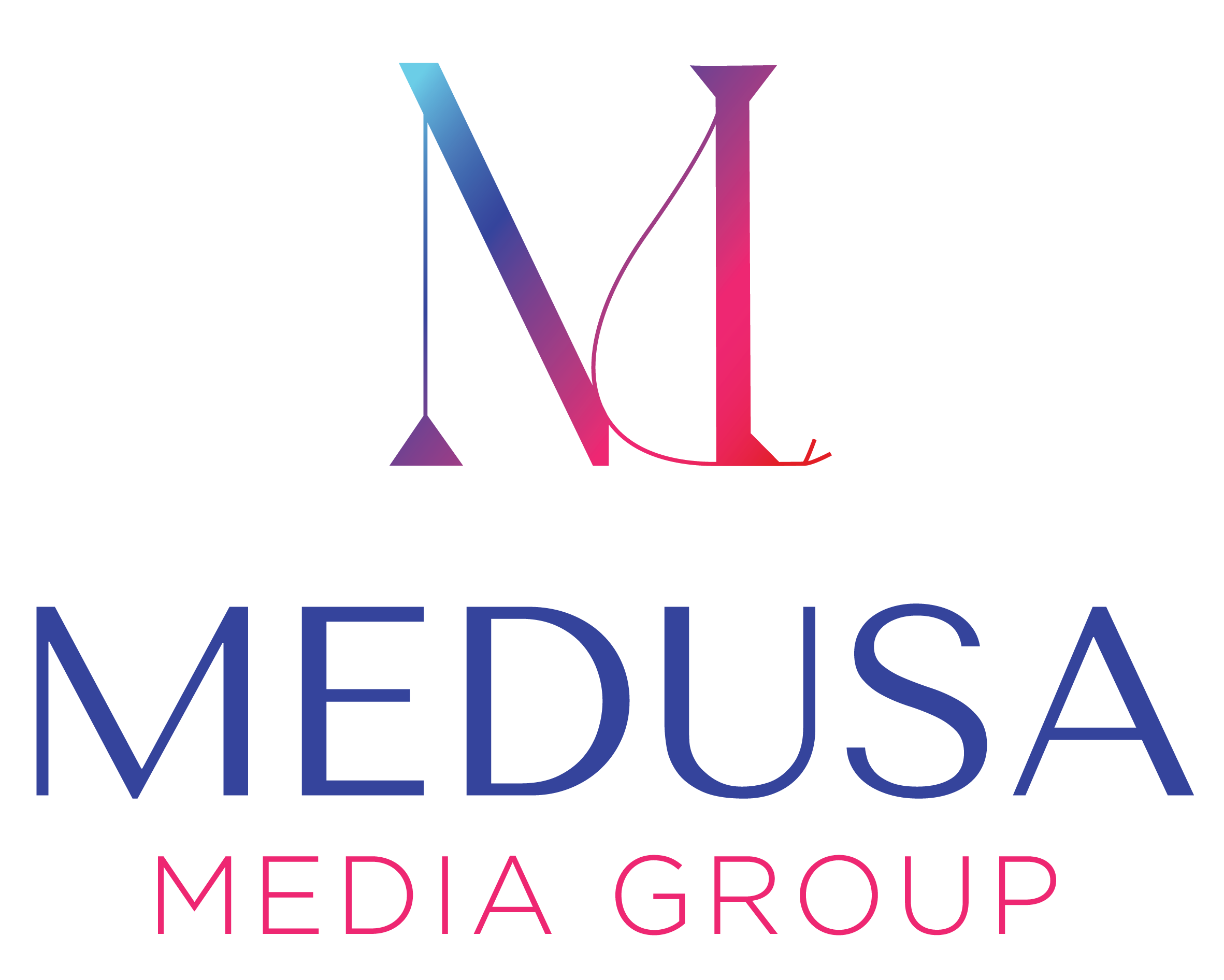
It was mid-afternoon on Thursday when I realized I was scared.
It was slow to dawn on me. All I knew was that I felt antsy and discontent, despite the fact that I’d just gotten a new client, I’d had a terrific informational interview, I’d gone to the gym that morning, and I’d done great work all day.
Why am I so anxious? I thought. Then I thought, no, wait. Why am I so scared?
I had just re-listened to one of my favorite podcast episodes: Fearology with Mary Poffenroth. It’s all about the study of fear: fictional versus factual, the amygdala, coping strategies, and more.
At one point they discuss, do hyper-successful people have less fear than ordinary mortals? It stands to reason that they would. After all, they take great risks, power through odds, and seem to have unwavering self-belief and vision.
Well.
Mary describes research that was conducted about the vocabulary of hyper-successful people (like my best friend Ed Catmull) compared to moderately successful people.
The punchline: super successful people use words like “fear,” “afraid,” and “scared.”
Whereas moderately successful folks use words like “stress.” (And “worry” and “anxiety,” I bet.)
BOOM.
It is NOT that the hyper-successful lack fear or are “fearless” (the way plenty of books would have us believe we should be). In fact the opposite is true: hyper-successful people are unafraid (lol) to CALL FEAR OUT FOR WHAT IT IS. Anytime you’re stressed? That’s fear. Any time you’re worried? Fear. Anxious? Fear.
Perhaps what distinguishes super successful people is that they hone their ability to go towards what scares them. They see their fear as a green light, “proof of concept,” showing them that they’re pushing themselves in the right direction.
And they don’t play games about being overwhelmed or stressed or anxious. They recognize that it all boils down to fear. So maybe I can do the same thing! I can call my fear out for what it is, and recognize it as a sign that I’m doing the right thing.
So I tried it. I asked myself, why are you afraid?
- The informational interviewee was very helpful, and gave me a LOT to think about, and I got scared that I’m not good enough to do what I want to do.
- I’d just set up an appointment with a negotiation coach, something that I KNOW and BELIEVE is a critical skill but makes me scared that my negotiation partner (say, a new client) will hate my guts. Simply the act of making the appointment with the coach scared me!
- The new client had sent me an acceptance email – YAY! – and then a follow-up email because I hadn’t responded yet. That made me feel scared that I’d disappointed her, made her doubt me, and made her question my enthusiasm that I hadn’t responded to her email right away.
These realizations didn’t come to me while I was meditating on a deep burgundy cushion, nor while I was sipping tea and contemplating the clouds. I realized what I was afraid of while writing an email to my friend Rachel, griping about my feelings. Wait a minute, I realized mid-typing, I’m scared. Just like Mary Poffenroth said!
And, miraculously, the act of admitting I was scared to Rachel and to myself, made my fear less scary.





